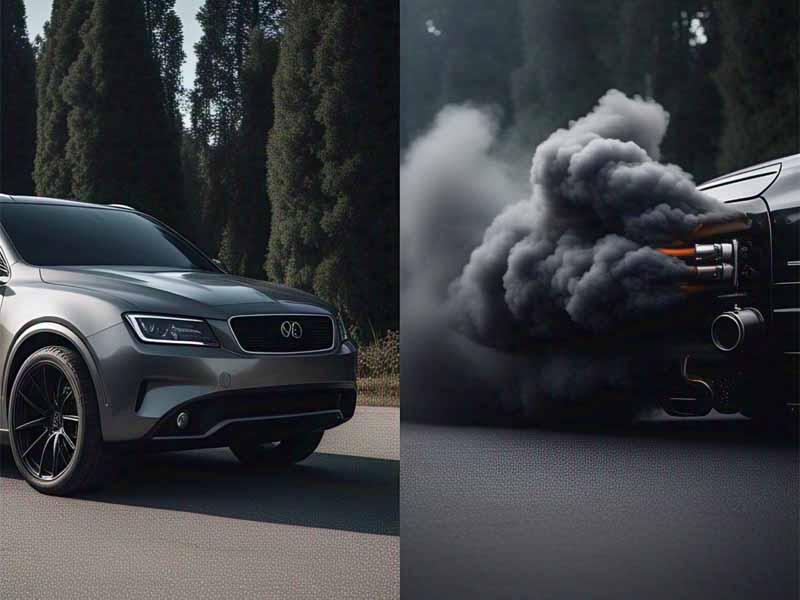
Dieselspecialists – Advanced Emission Control has transformed the diesel engine industry, introducing cutting-edge technologies to reduce harmful pollutants. Modern diesel engines are now equipped with sophisticated emission control systems such as Diesel Particulate Filters (DPFs) and Selective Catalytic Reduction (SCR) systems. These components play a vital role in capturing and neutralizing pollutants before they enter the atmosphere.
The adoption of these systems has been driven by increasingly stringent environmental regulations. Governments and regulatory bodies worldwide have implemented stricter emission standards, pushing manufacturers to integrate more effective emission-reducing technologies. As a result, diesel engines today emit significantly lower levels of nitrogen oxides (NOx) and particulate matter compared to their predecessors.
Advanced Emission Control systems require regular maintenance to function efficiently. The Diesel Particulate Filter (DPF), for instance, captures soot and other particulates, preventing them from being released into the air. However, if not cleaned or regenerated properly, the DPF can become clogged, leading to reduced engine performance and increased emissions. Routine maintenance, including professional cleaning and monitoring, is essential for ensuring optimal performance.
“Six Honda C90s, Six Countries, Six Days!”
Similarly, the Selective Catalytic Reduction (SCR) system relies on diesel exhaust fluid (DEF) to break down nitrogen oxides into harmless nitrogen and water vapor. If the SCR system malfunctions or runs low on DEF, emissions can spike, leading to regulatory non-compliance and environmental harm. Vehicle owners and fleet operators must prioritize proper servicing and monitoring of these systems to maintain efficiency and compliance with emission standards.
As diesel technology continues to advance, the future of Advanced Emission Control looks promising. Researchers and manufacturers are exploring new innovations. Including hybrid diesel-electric systems and alternative fuels, to further reduce the environmental impact of diesel engines. Additionally, researchers are developing improved sensor technology and AI-driven diagnostics to enhance real-time monitoring of emission control components.
While stricter emission regulations will continue to shape the industry. Advancements in emission control technology ensure that diesel engines remain a viable and cleaner option for transportation and industrial applications. By staying informed and committed to proper maintenance. Both businesses and individuals can contribute to reducing air pollution while benefiting from the efficiency and reliability of modern diesel engines.
“NATO Considers Exiting Landmine Treaty Over Russia Threat”
Diesel Specialists | Expert Engine Solutions for Diesel, Gasoline & More - Major engine makers and fleet operators are accelerating…
Diesel Specialists | Expert Engine Solutions for Diesel, Gasoline & More - Persaingan otomotif global kini berputar pada performance emissions…
Diesel Specialists | Expert Engine Solutions for Diesel, Gasoline & More - Fleet owners and individual drivers increasingly realize that…
Diesel Specialists | Expert Engine Solutions for Diesel, Gasoline & More - Beginner drivers increasingly try a basic diesel engine…
Diesel Specialists | Expert Engine Solutions for Diesel, Gasoline & More - DIY maintenance for diesel engine belts hoses at…
Diesel Specialists | Expert Engine Solutions for Diesel, Gasoline & More - Pengemudi mobil bermesin turbo kerap bingung membedakan gejala…